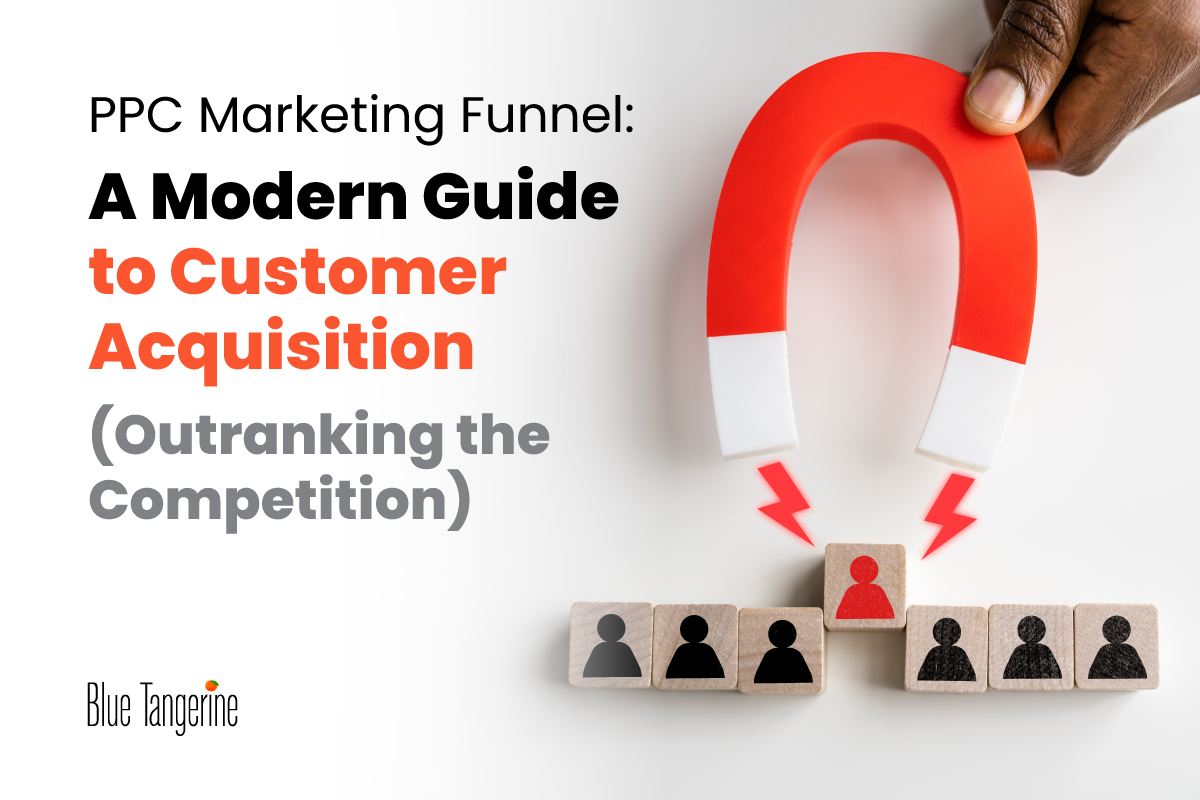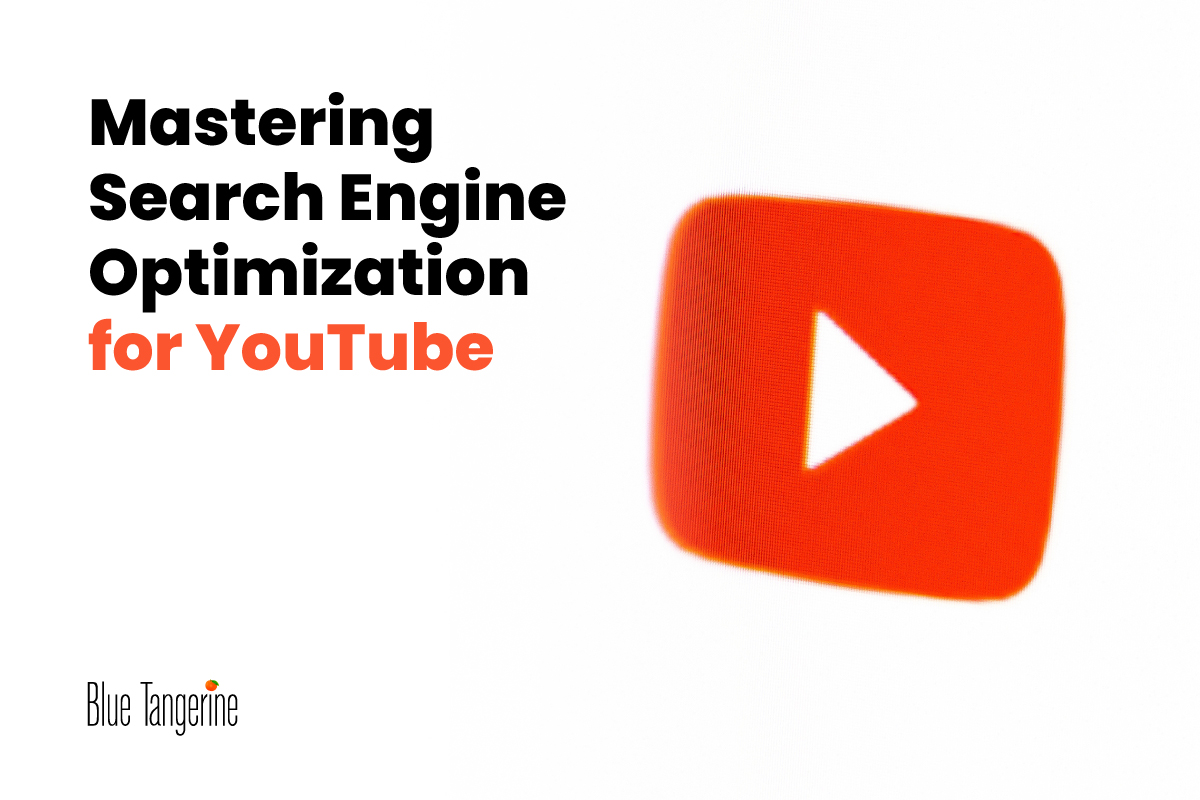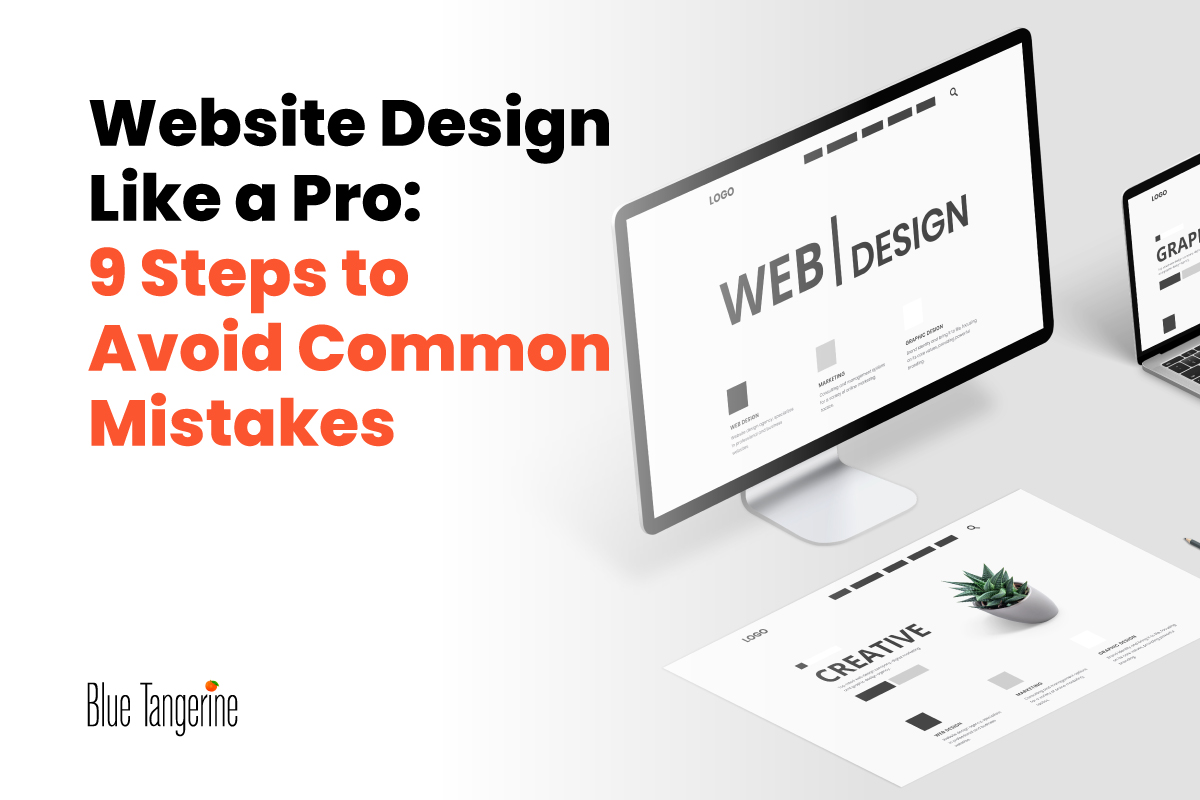Did you know that the average consumer today interacts with a brand through six different touchpoints before making a purchase decision? From browsing social media to searching for reviews, the customer journey has evolved significantly in the digital age. In this dynamic landscape, having a well-defined PPC marketing funnel is not just beneficial; it’s essential for success.
So, what exactly is a PPC marketing funnel, and why is it crucial in today’s market?
It is a strategic framework that guides potential customers through various stages of the buying process, from initial awareness to final conversion. It utilises pay-per-click advertising tactics to target and engage audiences at different touch points along their journey.
In today’s competitive market, where consumers are bombarded with endless options, a well-structured marketing funnel is more important than ever. It allows businesses to effectively reach and influence their target audience, driving them towards conversion while maximising ROI.
The Evolving PPC Marketing Funnel
Traditionally, the marketing funnel consisted of four stages: awareness, discovery, consideration, and action. However, in today’s digital landscape, the funnel has evolved to adapt to changing consumer behaviours and technological advancements.
Micro-moments, especially vital in a digital landscape, dictate customer actions. Whether seeking information, making decisions, or engaging with brands, these moments are pivotal. By capitalising on micro-moments, a PPC agency in Dubai can ensure their campaigns are timely, relevant, and effective, resonating with audiences precisely when they’re most receptive.
Integration of omnichannel marketing strategies is another key aspect of the modern PPC marketing funnel. Instead of relying solely on one channel, businesses now leverage multiple channels such as paid search, social media, and display ads to create a cohesive and seamless experience for their audience.
Furthermore, the growing role of automation and data-driven decision making has transformed how businesses approach PPC marketing. Automation tools streamline processes, while data-driven insights allow for more informed decision-making, ultimately leading to better campaign performance and ROI.
Stage-by-Stage Breakdown: Optimising Your PPC Funnel
To ensure maximum effectiveness, let’s delve into each stage of the PPC funnel. From sparking curiosity in the awareness stage to sealing the deal in the action stage, we’ll explore targeted strategies and optimization techniques for every step of the customer journey.
A. Awareness Stage: Spark Curiosity and Brand Recognition
Keyword Targeting Strategies:
Broad Match Keywords: These keywords are designed to reach a wide audience by matching your ads with a variety of search terms related to your products or services. By using broad match keywords, you can capture the attention of users who may not be explicitly searching for your brand but have related interests or needs.
Ensure Relevance: While broad match keywords can expand your reach, it’s crucial to ensure that they remain relevant to your offering. Irrelevant keywords can result in wasted ad spend and lower conversion rates. Regularly monitor and refine your keyword list to ensure that it aligns closely with your target audience’s search intent.
Powerful Ad Formats:
Display Ads: Including images, animations, and rich media, are powerful tools within the Google Display Network, especially for a Google Ads agency in Dubai. They captivate users online, boosting brand visibility and directing traffic to your website effectively.
Video Ads: Video ads have become increasingly popular due to their ability to engage and captivate audiences. Whether it’s a short promotional video or a longer brand story, video ads allow you to convey your message in a dynamic and memorable way. Platforms like YouTube offer various targeting options to ensure that your video ads reach the right audience.
Content Marketing Integration:
Educational Content: Content marketing is an invaluable tool for building brand awareness and establishing credibility within the PPC marketing funnel. By creating informative and educational content such as blog posts, guides, and how-to articles focused on topics relevant to your target audience, you can attract potential customers who are seeking solutions to their problems or answers to their questions. This positions your brand as a trusted resource within this marketing funnel and encourages users to engage further with your content.
Engagement: In addition to providing valuable information, content marketing also allows you to engage with your audience on a deeper level. Encourage social sharing and interaction by soliciting feedback, responding to comments, and fostering discussions around your content. This not only increases brand visibility but also creates a sense of community and loyalty among your audience members.
B. Discovery Stage: Guide Users Along Their Research Path
As potential customers move into the discovery stage, they begin to research and compare different options. To guide them along their path:
Utilise paid search campaigns with a focus on mid-funnel intent keywords within the paid search marketing funnel. These keywords indicate that the user is actively researching and considering their options.
Implement retargeting strategies to keep your brand top-of-mind as users continue their research. Displaying targeted ads to users who have previously interacted with your brand can reinforce your message and increase brand recall.
Highlighting unique selling propositions (USPs) and customer testimonials can help build trust and differentiate your brand from competitors.
C. Consideration Stage: Convert Lookers into Loyal Customers
In the consideration stage, potential customers are evaluating their options and deciding whether to make a purchase. To convert them into loyal customers:
Implement landing page optimization techniques to ensure a seamless and persuasive user experience. A well-designed landing page with clear messaging and compelling visuals can significantly increase conversion rates.
Offer targeted promotions and discounts within your PPC marketing funnel to incentivize purchase decisions. Limited-time offers or exclusive discounts specific to your marketing funnel can create a sense of urgency and encourage users to take action swiftly.
Leverage social proof such as customer reviews and case studies to build confidence in your brand. Positive testimonials from satisfied customers can reassure potential buyers and alleviate any concerns they may have.
D. Action Stage: Seal the Deal and Drive Results
At the action stage, the goal is to convert potential customers into paying customers and drive measurable results. To achieve this:
Employ call-to-action (CTA) optimization strategies to prompt users to take the desired action. Use clear and compelling CTAs that encourage users to make a purchase, sign up for a newsletter, or request more information.
Utilise conversion tracking to measure the success of your campaigns and identify areas for improvement. Tracking key metrics such as conversion rate, click-through rate, and return on ad spend (ROAS) allows you to optimize your campaigns for better performance.
Implement retargeting campaigns as a vital component of your paid search marketing funnel to re-engage users who haven’t converted yet. By targeting users who have shown interest but haven’t taken action, you can remind them of your offering and encourage them to complete their purchase.
Retargeting ensures that your brand stays top-of-mind throughout the customer journey, increasing the likelihood of conversion and maximising the effectiveness of your paid search efforts.
Advanced Strategies for a High-Performing PPC Funnel
A. Data-Driven Optimization: Leverage Analytics for Continuous Improvement
Implement A/B testing for ad copy, landing pages, and CTAs to identify what resonates best with your audience. Testing different variations allows you to refine your messaging and optimize for better results.
Utilise data visualisation tools to gain insights into user behavior and campaign performance. Visualising data allows you to identify trends, patterns, and opportunities for optimization.
Develop budget allocation strategies based on performance data to ensure optimal use of your advertising budget. By allocating more budget to high-performing campaigns and channels, you can maximize ROI and drive better results.
B. Automation: Streamline Your Workflow and Maximize Efficiency
Automation can streamline processes, improve efficiency, and free up time for strategic decision-making. To leverage automation effectively:
Explore automated bidding strategies for PPC campaigns to optimize for your desired outcomes. Automated bidding algorithms adjust bids in real-time based on factors such as ad position, competition, and user behavior.
Utilise audience segmentation tools to deliver targeted messaging to specific audience segments. By segmenting your audience based on demographics, interests, or behavior, you can deliver more relevant and personalized ads.
Highlight the benefits of AI-powered ad creation and optimization. AI algorithms can analyse vast amounts of data to identify trends and patterns, allowing for more effective ad targeting and optimization.
Conclusion: Building a Winning PPC Marketing Funnel
In today’s competitive digital landscape, a well-structured marketing funnel is essential for success. By understanding the evolving customer journey and implementing strategic tactics at each stage of the funnel, businesses can effectively reach and engage their target audience, driving them towards conversion while maximising ROI.
Remember to continuously optimize and adapt your paid search marketing funnel and PPC campaigns based on data-driven insights and emerging trends. By staying agile and proactive, you can build a winning PPC marketing funnel that delivers sustainable results and drives business growth.
So, are you ready to take your PPC campaigns to the next level? Implement the strategies outlined above and watch your PPC funnel thrive in today’s competitive market!




